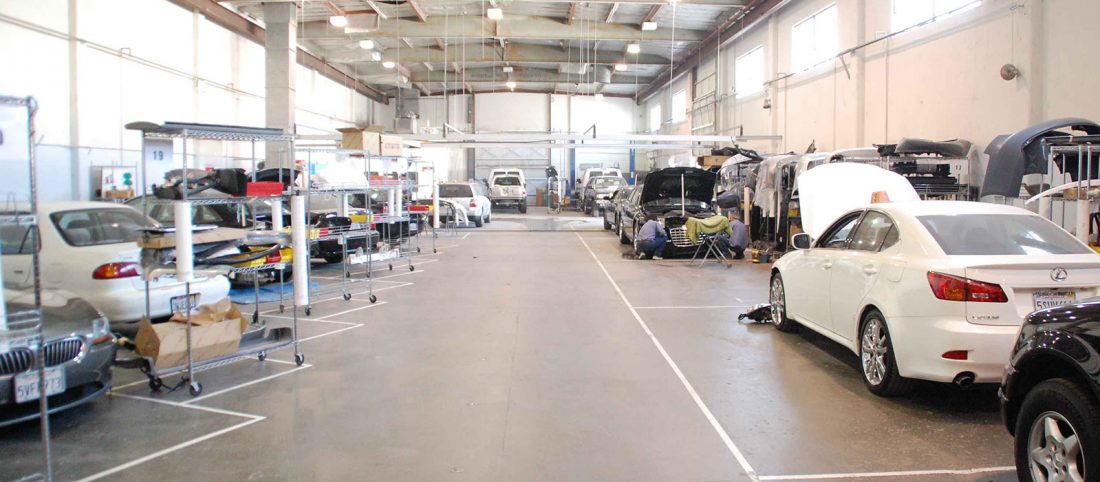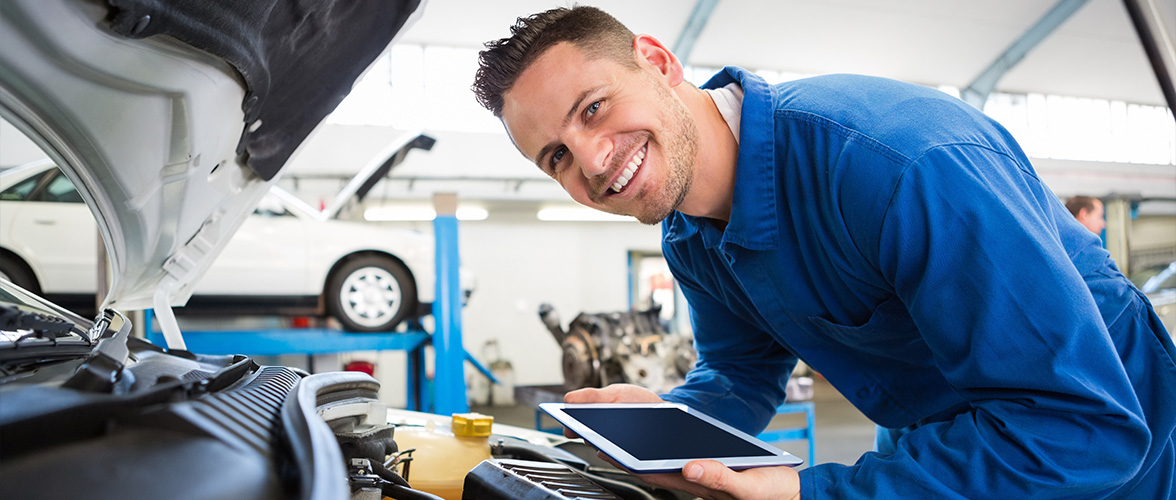All Categories
Featured
Brakes are perhaps the most vital safety function of any kind of automobile. Without trusted brakes, also the most powerful vehicle can come to be a danger on the road.
- The Relevance of Regular Brake Inspections. Brakes undergo continual wear and tear with every usage, whether you're driving at high rates on the highway or cruising through city streets. Over time, brake pads, blades, and various other components use down, which can influence stopping efficiency. Without routine assessments, you might not see the steady reduction in efficiency until it's far too late.
Regular brake assessments allow you to catch problems early, ensuring that your brakes stay responsive, trusted, and safe. Prompt examinations can also save you cash by resolving minor issues before they become pricey repairs.
- Typical Indicators That Your Brakes Required Interest. While regular brake inspections are necessary, there are some warning indications you can look out for to understand when it's time to schedule a check-up:
Squealing or Grinding Seems: Shrill squeaks or grinding noises when applying the brakes are typically indicators that your brake pads are used out and need substitute. Resonance or Pulsation: If you feel resonances in the guiding wheel or the brake pedal, it might suggest deformed blades, which might need resurfacing or changing. Soft or Mushy Brake Pedal: If the brake pedal feels abnormally soft or squishy, there might be air in the brake lines or an issue with the master cyndrical tube. Pulling to One Side: If your cars and truck pulls to one side while braking, this could be brought on by irregular brake pad wear or a problem with the brake fluid. Enhanced Stopping Distance: If it takes longer to quit than typical, it might suggest that the brake pads are worn, the fluid is low, or the blades are damaged. If you see any one of these symptoms, it's finest to have your brakes evaluated quickly.

- Trick Components Checked Throughout Brake Inspections. Throughout a brake inspection, a specialist will examine several critical parts of the braking system to make sure whatever is working properly. Here are the key elements entailed:
Brake Pads: One of the most typical reason for poor stopping performance is damaged brake pads. Checking the density of the pads is a concern during every assessment. Brake Rotors: Rotors must be smooth and free of grooves or splits. Any type of substantial damages to the blades might result in compromised stopping performance and irregular pad wear. Brake Fluid: Reduced or contaminated brake liquid can harm stopping performance. The professional will certainly inspect the fluid degrees and high quality and replace it if necessary. Brake Lines and Pipes: Brake lines ought to be complimentary of leaks or fractures. Any damages to the lines can cause loss of brake liquid, leading to brake failing. Brake Calipers: The calipers use stress to the brake pads. They need to be evaluated for indications of wear or leaks to guarantee they are operating appropriately. Regularly inspecting these components aids keep your brake system in peak condition, allowing you to stop your automobile safely and effectively.
- Exactly how Usually Should You Have Your Brakes Evaluated? The general referral is to have your brakes examined a minimum of when a year or every 12,000 miles, depending upon your driving behaviors. Particular driving problems may need more frequent evaluations:
Heavy Website Traffic: If you commonly drive in stop-and-go website traffic, your brake pads will use down much faster. Hill Driving: Driving on steep roads requires even more constant stopping, which can cause your brakes to wear quicker. Towing or Hauling Heavy Loads: If you frequently lug heavy lots, your brakes will experience much more stress and require even more frequent evaluations. If you notice any of the caution indications discussed previously, don't await the next scheduled assessment-- have your brakes examined immediately.
- The Consequences of Neglecting Brake Inspections. Overlooking regular brake examinations can lead to major consequences. A failing brake system could result in minimized stopping power, which enhances your risk of mishaps. Neglecting brake maintenance can additionally result in much more costly repair work. For instance, if you postpone replacing worn brake pads, the damage can extend to the rotors, causing the need for blades substitute, which is a much more pricey repair service.
In the most awful instance, driving with harmed brakes can bring about finish brake failing, placing you and various other vehicle drivers at risk. Normal brake assessments are a little investment that can save your life and prevent expensive repairs.
- Final Thought: Remain Safe with Regimen Brake Inspections. Brakes are not something you want to take opportunities with. A dependable braking system is essential for safe driving, and regular brake inspections are an easy means to make certain that your car quits when you need it most. By remaining on top of brake upkeep, watching for warning signs, and having your brakes inspected at the recommended intervals, you'll safeguard both your lorry and your safety and security.
Don't wait until your brakes start to fall short-- timetable routine brake assessments and maintain your automobile in optimum condition for many years to come.
Latest Posts
Find Outstanding Vehicle Maintenance Services in Chicago – Drive with Confidence
Uncover Affordable Auto Repairs with Montclare’s Limited-Time Service Specials
Identifying When Your Car Needs Professional Vehicle Service at Montclare Auto Repair
More
Latest Posts
Find Outstanding Vehicle Maintenance Services in Chicago – Drive with Confidence
Uncover Affordable Auto Repairs with Montclare’s Limited-Time Service Specials
Identifying When Your Car Needs Professional Vehicle Service at Montclare Auto Repair
